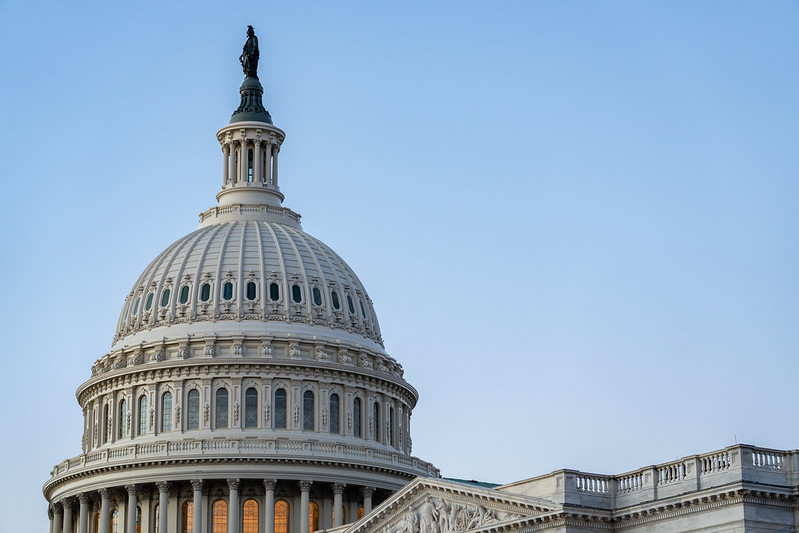Already a subscriber? Make sure to log into your account before viewing this content. You can access your account by hitting the “login” button on the top right corner. Still unable to see the content after signing in? Make sure your card on file is up-to-date.
Lawmakers in Congress have voted to revoke EPA waivers that gave California the authority to enforce a ban on gas-powered vehicle sales by 2035.
Some shit you should know before you read: If you’re unaware, California’s ban on gas-powered vehicles is part of a landmark regulation enacted by the California Air Resources Board (CARB) in 2022, which mandates that 100% of all new passenger vehicles sold in the state must be zero-emission—primarily electric or hydrogen-powered—by 2035. The rule, known as the Advanced Clean Cars II program, sets incremental targets starting in 2026, when 35% of new cars must be zero-emission, ramping up each year until full compliance by 2035. This policy was approved under a Clean Air Act waiver granted by the EPA during the Biden administration, allowing California to implement more aggressive emissions standards due to its history of severe air pollution. This move pissed off major automakers over concerns that it is unrealistic given current EV market conditions and would raise vehicle prices, reduce consumer choice, and place unsustainable strain on supply chains and charging infrastructure.

What’s going on now: In a notable development, the House passed a 246–164 vote to scrap a Biden-era EPA waiver giving California power to ban new gas-powered vehicle sales. This vote was part of a larger campaign by Republicans and some Democrats to overturn California’s emission standards using the Congressional Review Act (CRA), which allows Congress to reverse recently finalized regulations by simple majority. The CRA resolutions also targeted EPA waivers for California’s clean truck rules and nitrogen oxide limits for heavy-duty engines.
Despite the House’s approval, the effort faces a steep climb in the Senate, especially since the Senate parliamentarian and the Government Accountability Office (GAO) have both ruled that waivers, unlike formal rules, are not eligible for repeal under the CRA.
Opposition to the House vote came quickly from environmental advocates and legal experts who criticized the move as a blatant overreach and a dangerous precedent. Advocacy groups accused Republicans of sidestepping legal norms and using congressional tools to shield fossil fuel interests.
Supporters of the CRA resolutions, including Representatives Brett Guthrie, John Joyce, and Jay Obernolte, framed the vote as a necessary check on what they called “unworkable mandates” from California, which they claim would increase car costs, strain the power grid, and hurt small businesses.







